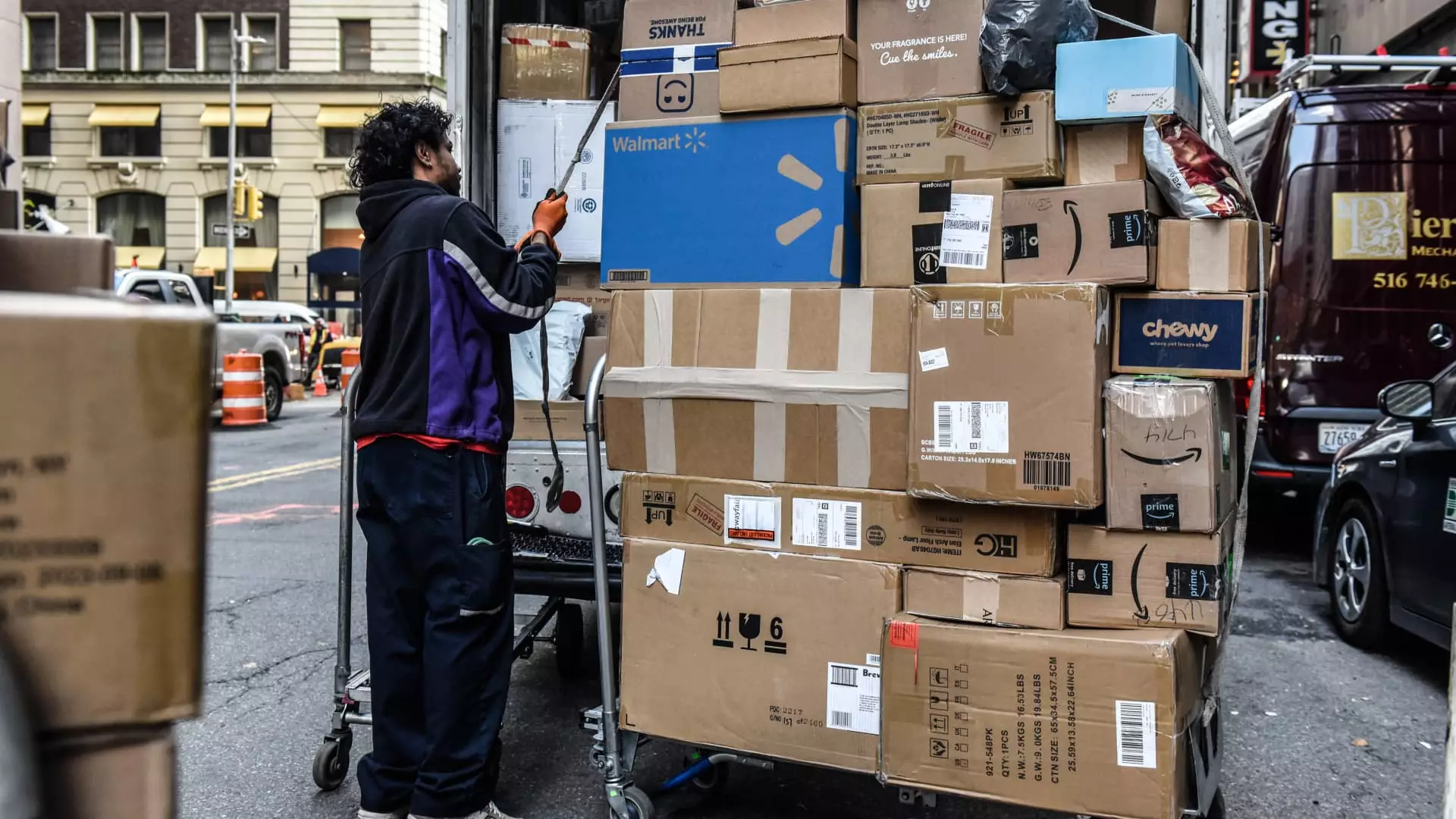In a bold move on a seemingly ordinary Wednesday, President Donald Trump signed an executive order terminating the popular de minimis trade exemption—effective May 2. This decision is monumental, as it slams the door on a loophole that has allowed online shoppers to import goods valued under $800 duty-free. The abrupt action raises alarms, rattling not just consumers, but a significant segment of the trade and logistics industry as well. Critics are already pointing fingers, arguing that this tactic only exacerbates the already complicated relationship between the U.S. and Chinese e-commerce brands that have burgeoned under this blanket exemption.
The Impact of a Sudden Shift
Back in February, the Trump administration had initially announced the termination of this exemption, causing U.S. Customs and Border Protection (CBP) to flounder under the new pressures. They struggled to manage an explosive increase in the volume of packages just as the U.S. Postal Service temporarily halted incoming shipments from China and Hong Kong. It felt as if the entire system was on the brink of collapse, forcing the administration to pause the cancellation—unfortunately, only for a brief moment. With the recent announcement, customs officials now have breathing space to adapt, but the looming taxation is not merely a bureaucratic adjustment; it’s a game-changer.
Inflating Costs for Consumers
Starting May 2, goods previously enjoying the de minimis status will be slapped with a 30% duty or a flat $25 fee per item, which will escalate to $50 beginning June 1. This isn’t mere red tape; it’s a significant financial burden on consumers who have gravitated towards ultra-affordable e-commerce platforms like Temu and Shein. As shoppers enthusiastically dove into these low-cost offerings, the newfound tax could effectively double or even triple the final price they pay. This unfortunate turn of events is poised to stifle the burgeoning e-commerce sector and restrict access to affordable goods for many Americans.
Counterfeit Concerns vs. Consumer Choice
Initially intended to protect American businesses, critics have long deemed the de minimis loophole a flawed system, rife with risks of counterfeit goods and potential safety hazards. As online marketplaces burgeoned, the U.S. Customs and Border Protection underscored the unmanageable influx—more than 1.3 billion de minimis shipments projected for 2024, a disturbing increase from last year. The narrative surrounding counterfeit goods gained momentum, with concerns that these minimally documented packages could easily transport harmful substances. What was meant to be a point of convenience for consumers has now turned into a breeding ground for skepticism.
The Dual-Edged Sword of Tariffs
This executive order, coupled with sweeping tariffs, aims to level the playing field against Chinese competitors who have been tirelessly expanding their operations within U.S. borders. Temu and Shein, eyeing growth potential, have already initiated strategic overhauls, hastily opening distribution centers in various U.S. states. While they look to adapt and optimize their logistics strategies, the looming tariffs threaten to unsettle a delicate balance—American consumers want affordability and convenience, while domestic brands yearn for protection against an influx of foreign goods.
This complex interplay illustrates a significant shift in U.S. policy toward e-commerce, where the government is taking a firmer stance against perceived threats, albeit at a higher cost for the average consumer. One has to wonder if the ultimate intention of consumer protection will backfire, leaving shoppers with fewer affordable options and more regulations to navigate.

